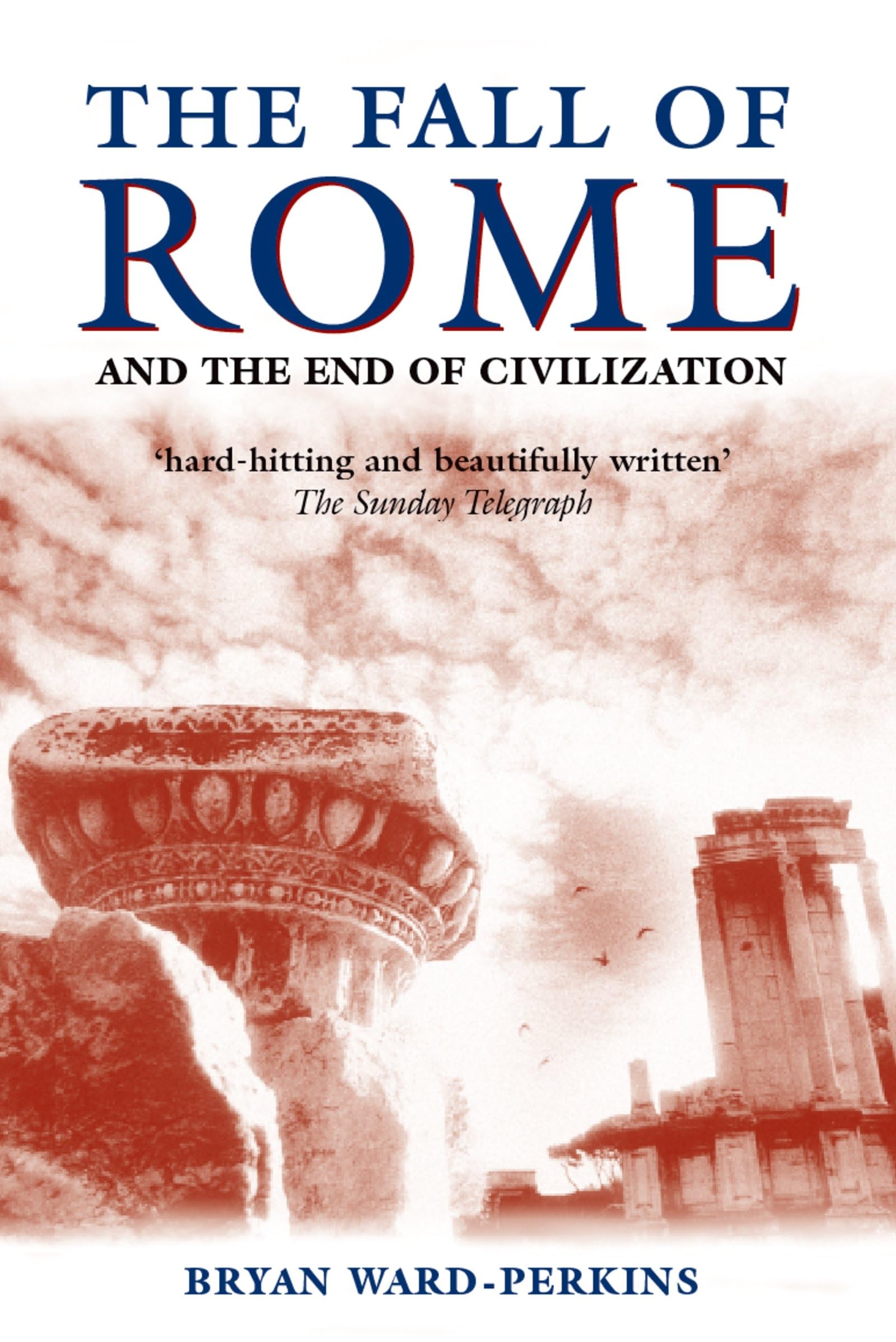"The book recaptures the drama and violence of the last days of the Roman world, and reminds us of the very real terrors of barbarian occupation. Equally important, Ward-Perkins contends that a key problem with the new way of looking at the end of the ancient world is that all difficulty and awkwardness is smoothed out into a steady and positive transformation of society. Nothing ever goes badly wrong in this vision of the past. The evidence shows otherwise."
We've seen how this looks like in modern times with the fall and decline of the Soviet Union. The US could end up similarly in the future: invading countries under flimsy pretexts, assassinating opponents, politics utterly corrupted by money, trying to bully other countries into submission, etc.
Summary is that though Rome didn't fall overnight, there was a massive economic collapse first in the west and then several centuries later in the east (the latter coming on the heals of a devastating outbreak of the plague).


The idea that there was no "fall" and that late antiquity is just a "transition" between arbitrary value-balanced political org charts is what's not supported by the evidence. This revisionist take is annoyingly common these days -- see https://www.amazon.com/Fall-Rome-End-Civilization/dp/0192807... for a masterful refutation and defense of the original interpretation. If you look at industrial output, lead pollution levels, sophistication of literary output, literacy rates, and tons of other metrics, you'll see a dramatic decline around the time that the Roman social order fell apart. Britain became nearly illiterate. Italy was ransacked by the Gothic Wars and its population collapsed. The aqueducts stopped working. The Pantheon was half-buried (the front doors couldn't be opened for centuries) and full of muck. It was, altogether, an absolutely miserable period of history. Gibbon's history of the era is masterful.